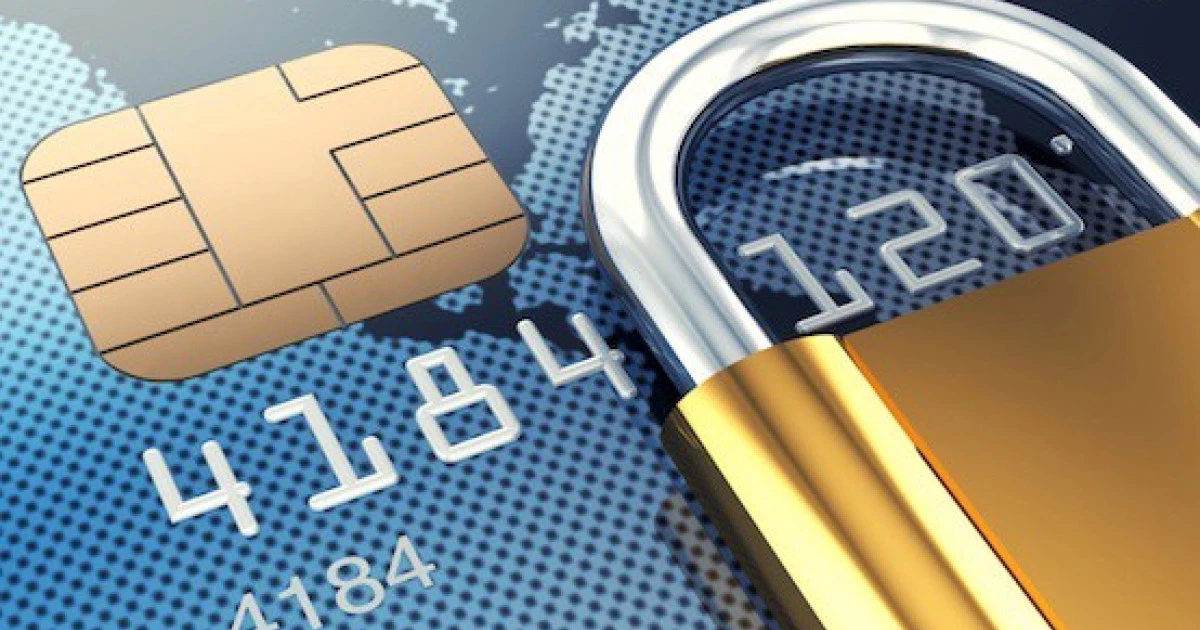With mortgage interest rates below 4%, auto loan rates as low as 0%, and 0% balance transfer credit card offers–now is a good time to be on the buyer’s side of the credit equation.
The challenge many people face when pursuing these historically low interest rates is their credit quality. Those aforementioned deals are usually reserved for people that have great credit.
This week I received a question from a Minter regarding one commonly referenced method of building and rebuilding your credit: the secured credit card.
Question: “John, I’m 23 and when I was in college I did what a lot of college students do. I got into credit card debt and defaulted on a couple of credit cards. Now I have collections on my credit reports and my credit scores aren’t good at all.
I’d like to buy a car, but I’ve been quoted between 17% and 22% from different lenders. That’s pretty terrible, so I’m going to wait to buy a car. I’ve read that I can use a secured credit card to rebuild my credit score.
Is that true?”
Answer: A secured credit card is a legitimate credit card offered by many, if not most, of the large credit card issuers.
Advertisement
The difference between a secured credit card and an unsecured credit card, which are much more common, is that you’re required to make a deposit with the bank equal to your credit limit.
So if you want a $1,000 credit limit, you’ll be asked to deposit $1,000 with the credit card issuer. You’ve “secured” any purchases made on the card, hence the name.
How easy is it to get a secured credit card?
Secured credit cards are fairly easy to get because you’re essentially buying them with your security deposit.
They’re much more common with young people trying to establish a credit history and with people who are trying to rebuild their credit after some sort of credit disaster, like bankruptcy.
They are commonly reported to the credit reporting agencies, just like unsecured credit cards.
Will a secured card help rebuild my credit?
As to the credit rebuilding value of a secured credit card, I believe it has been embellished.
If you’ve got a poor credit report and a poor credit score, adding a secured credit card to the mix isn’t going to do much for you. It’s not as if the one good account is going to all of a sudden offset all of the derogatory information.
Yes, there is value to having something good on a credit report, but it’s not a silver bullet by any means.
Who can benefit from using a secured credit card?
A secured credit card is much more valuable to someone who is just starting out and establishing credit for the first time. It helps to eliminate the “chicken or the egg” dilemma young people face: “How can I get credit if nobody will give me credit?”
As long as you have the money for the security deposit, then you’re all but approved.
And as long as the secured card issuer reports to the credit bureaus, you’ll have established a credit history. Six months later you’ll have a FICO score (FICO scores require that your credit report has at least one item that’s at least 6 months old before it will generate a score).
When shouldn’t you use a secured credit card?
Some people use secured cards as a way to lower their credit card utilization percentage, which I’ve written about for Mint in the past.
The belief is if you can get an unused credit card on your credit report, then you’ll be adding an unused credit limit to the balance-to-credit limit ratio. That’s true, but it doesn’t make sense to pursue that strategy.

First off, when you apply for a secured credit card you’re actually applying for credit, which means the issuer is going to pull one of your three credit reports and make a credit card inquiry.
Second, if approved and reported to the credit bureaus, you’ve got a newly opened credit card dragging down the average age of your account history–neither of these is good for your credit scores.
Finally, you could have gotten the same value in the balance-to-credit limit ratio by simply taking the money you used as the security deposit and applying it to your credit card debt on an existing credit card.
Taking this approach lowers your aggregate credit card balances, while not exposing you to the credit fallout of opening a new account.
Do you have a credit question for John Ulzheimer? Head over to the Mint.com Facebook Page and ask away?
John Ulzheimer is the President of Consumer Education at SmartCredit.com, the credit blogger for Mint.com, and a contributor for the National Foundation for Credit Counseling. He is an expert on credit reporting, credit scoring and identity theft. Formerly of FICO, Equifax and Credit.com, John is the only recognized credit expert who actually comes from the credit industry. The opinions expressed in his articles are his and not of Mint.com or Intuit. Follow John on Twitter.
Comment